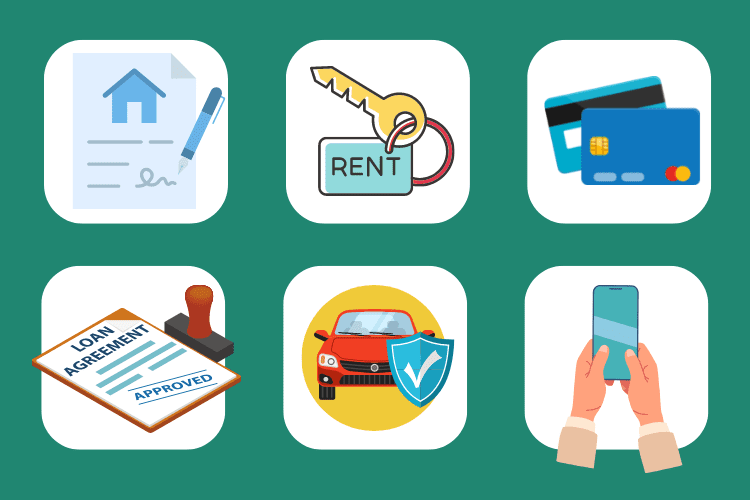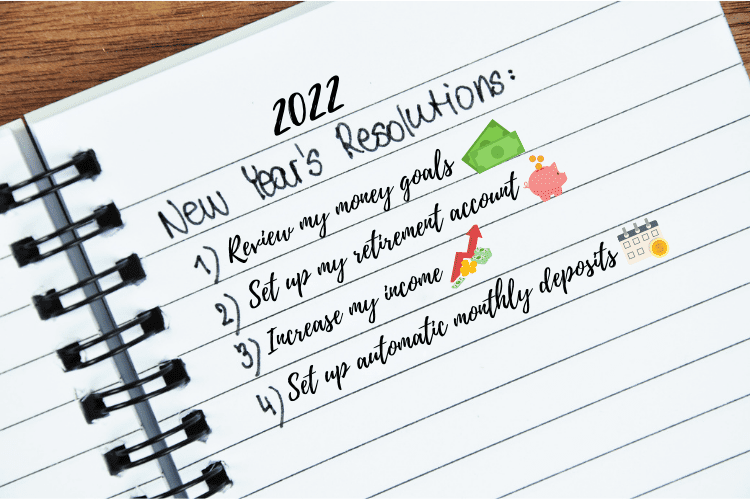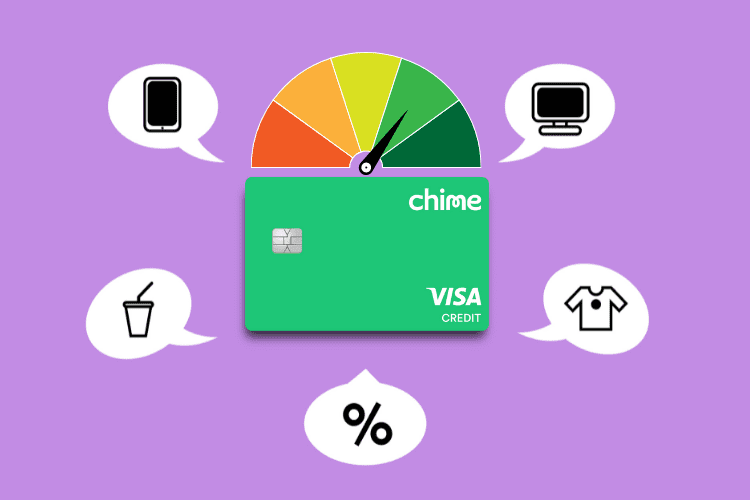Should I Refinance My Student Loans?

Your student loans put you through college. You wouldn’t have been able to get a higher education and maybe even your first job without them. But now those same loans seem to be such a financial burden, decimating your paycheck and making it impossible to save.
If only you could lighten the load…
It’s possible that refinancing your student loans could ease your monthly pain, but refinancing isn’t right for every situation. Unlike refinancing for a lower rate on your home or car, refinancing your student loans only benefits specific borrows in certain situations.
Read on to find out if you’re one of those lucky few.
When to Consider Refinancing
Refinancing is a tool that changes the terms of an existing debt agreement, such as the interest rate. If you can secure a lower interest rate on your student loans, then refinancing is worth considering.
- You also need to make sure you meet these qualifications to be approved:
- Your credit score is in the high 600s or above
- You have consistent income to demonstrate the ability to pay your debts
- Your debt-to-income ratio is relatively low (less than 20% is excellent)
- You won’t need income-driven repayment plans or loan forgiveness in the future
- You attended an eligible Title IV-accredited school and earned a degree
If you meet all of these qualifications, you can anticipate enjoying the major benefits of refinancing:
- Get a lower monthly payment
- Pay more than the minimum monthly payment to eliminate your debt faster and save money on interest
- Reduce your debt-to-income ratio, which helps you qualify for a mortgage or other important financial investment
- Consolidate multiple loans into one easy payment with a lower interest rate
How to Refinance Your Loans
Technically, what usually happens in a refinancing is you’re taking out a new loan, and using it to pay off the original one. The new loan will be from a private lender; no U.S. government agency refinances loans, even if they’re federal loans.
Shop around to find the best rates with a reliable and credible lender. Some offer rates as low as 2.5% or 3% for terms up to 20 years, so you can secure a much lower payment and get the breathing room your budget needs.
When Refinancing Doesn’t Make Sense
Refinancing probably doesn’t make sense if you’re swimming in other debts, can’t afford your monthly payments, and don’t have a strong credit score.
Also: Proceed with caution if you have federal (public) student loans. As we said above, the government doesn’t refinance student loans; you can only do so through a private lender—and if you do, you’re essentially leaving the federal loan program, losing your eligibility for its options.
Those options include loan consolidation and income-driven repayment plans to help borrowers struggling with federal student loan repayments. You may even qualify for federal loan forgiveness after making 120 payments on your student loans if you fall into one of these categories: government workers, nonprofit workers, teachers at low-income schools, some doctors and nurses, and the military. So, refinancing may be a bad idea if you work in the public service sector and will for the foreseeable future.
On the other hand, if you already have private student loans that don’t offer the flexibility and benefits of a federal loan, you have nothing to lose by trying to refinance. Just keep in mind that you may not be approved without proper financial qualifications.
Paying off student loan debt isn’t fun (you’d rather get a quadruple root canal, right?), but It’s possible that debt relief isn’t too far out of your reach. You won’t know, though, until you explore your refinancing options.
Don’t wait to get out of debt! Read this: A Complete, Step-By-Step Guide to Get Out of Debt.










